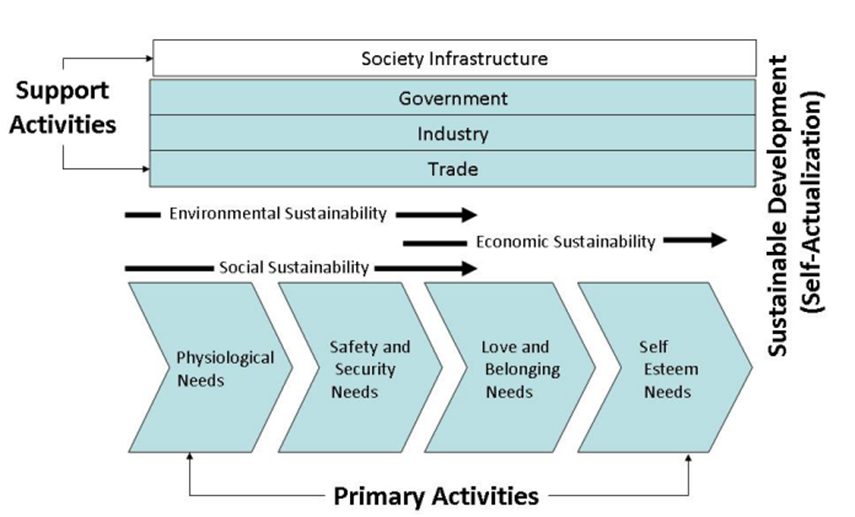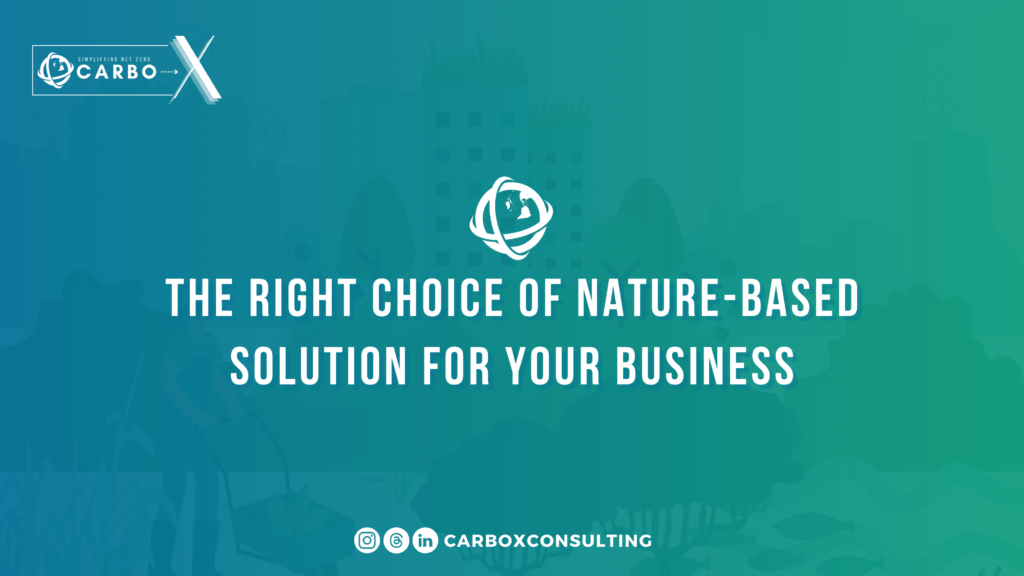In his theory about what drives people, Maslow proposed this idea of a “hierarchy of needs,” basically saying we all have these fundamental needs that we’re aiming to fulfill. It’s like a ladder of goals we’re trying to climb. He said these needs are all connected, and depending on your situation, you’ll focus on satisfying different ones first. So, once you’ve ticked off one need, you move on to the next. He listed them in order: starting with basic stuff like food and shelter, then safety, feeling loved, getting respect, and finally, reaching your full potential.
Lately, some researchers have been taking Maslow’s idea and applying it to big-picture stuff like global sustainability. Melloul and Collin, for example, looked at groundwater management in Israel through this lens. They matched up Maslow’s hierarchy with what’s needed for managing groundwater: physical quantity, water quality, education, and making sure water resources can last. Meanwhile, Udo and Jansson went even broader, analyzing global sustainable development. They found that countries with high social and technological sustainability tend to focus more on environmental sustainability, while those lacking in the social and tech departments struggle to even meet their basic needs, let alone think about the environment.
Assessing Value Chain
In a firm’s value chain, there are two main types of activities: primary and secondary. Primary activities are all about directly providing products or services to customers. Meanwhile, support activities are the behind-the-scenes functions that help the primary ones run smoothly. These two sets of activities rely on each other, meaning how you do one affects the others. For instance, think about technology development: if your research and development team comes up with a new design for a product, that’s going to change how it’s packaged or shipped out, which in turn affects your outbound logistics or distribution process.

Maslow and SDGs
According to research by Walsh, developing countries need to tackle society’s basic needs, like Maslow suggested, by not just focusing on social sustainability but also on environmental sustainability. This means making sure resources are divvied up fairly between the two. So, policymakers in these countries should prioritize initiatives that strike a balance between social and environmental needs. Take Chad and the Republic of Mali, for instance. They’re struggling with sustainable development compared to other developing nations. Following this framework, policies that boost both social and environmental well-being in these countries would have a bigger impact on sustainable development and push for more sustainable economic growth.
Author’s Perspective
After diving into the literature on sustainable development and Maslow’s hierarchy, I’m pretty convinced that what Maslow proposed and what’s actually happening are completely at odds. See, Maslow suggested that sustainable development hinges on fulfilling higher-level needs like self-esteem. But the reality is quite different. You can’t expect a society to feel good about itself if it’s struggling to meet basic needs like food, safety, and belonging. Every person is born with a sense of self-worth, which is pretty high up in the hierarchy of needs. But when those basic needs are ignored, people fight tooth and nail just to survive. Unfortunately, this is the exact situation in many developing nations. Instead of empowering them, developed countries often just throw them a bone in the form of aid, which only serves to crush their self-esteem even more. This warped approach has paved the way for dangerous ideologies like fascism and white supremacy to thrive. And now, we’re staring down the barrel of a collapsing economy, a planet on life support, dwindling resources, polluted air, and nations on the brink of conflict. It’s a grim picture, but one we urgently need to confront.
Conclusion
In conclusion, as we reflect on Maslow’s theory and its application to sustainable development goals, it’s evident that achieving a balance between societal needs and environmental stewardship is paramount for a thriving future. At Carbo-X, we embrace this holistic perspective, recognizing the interconnectedness of human well-being and environmental sustainability. By leveraging our expertise in sustainability consulting, we empower organizations to navigate the complexities of sustainability challenges while driving positive change. Our comprehensive suite of services, tailored to meet each client’s unique requirements, encompasses everything from emissions assessment to stakeholder engagement and policy analysis. Through collaboration and innovation, we strive to guide businesses towards a more sustainable and carbon-neutral future. Our commitment to inclusivity, diversity, equity, and access (IDEA) ensures that our solutions are not only effective but also inclusive of diverse perspectives and voices.
As we move forward, let us continue to prioritize initiatives that strike a balance between social progress and environmental preservation. With Carbo-X as your trusted partner, together, we can build a brighter, more sustainable tomorrow for generations to come. Join us as we lead the charge towards a cleaner, greener, and more sustainable future.
Written by,
Nameer Urfi
Managing Director - Carbo-X



